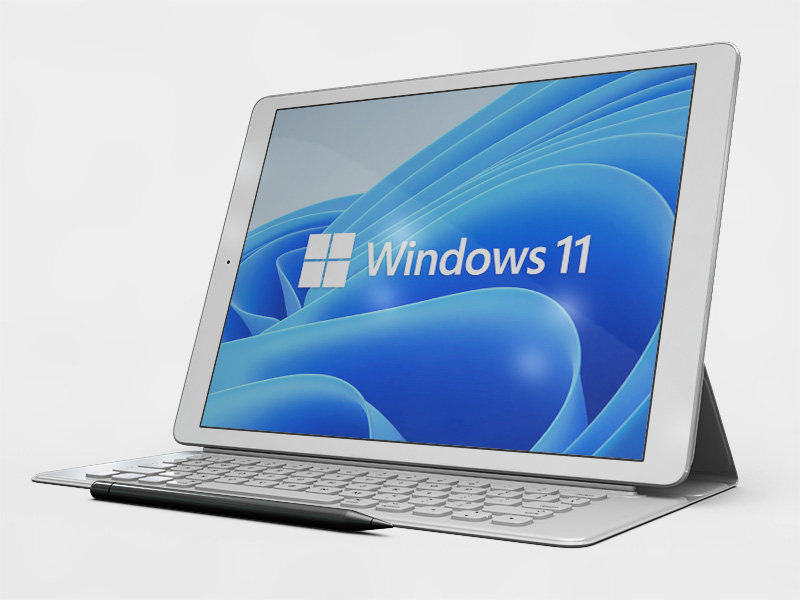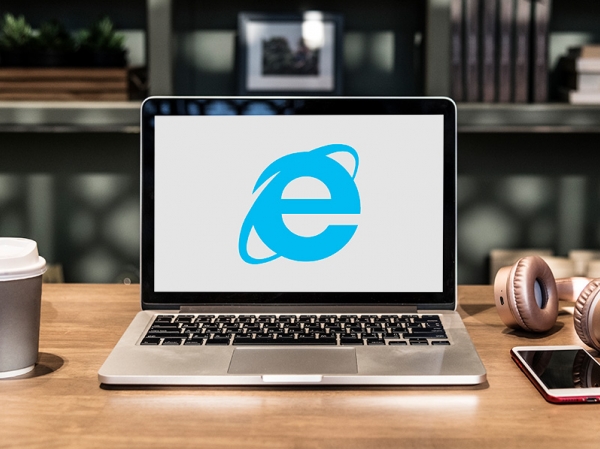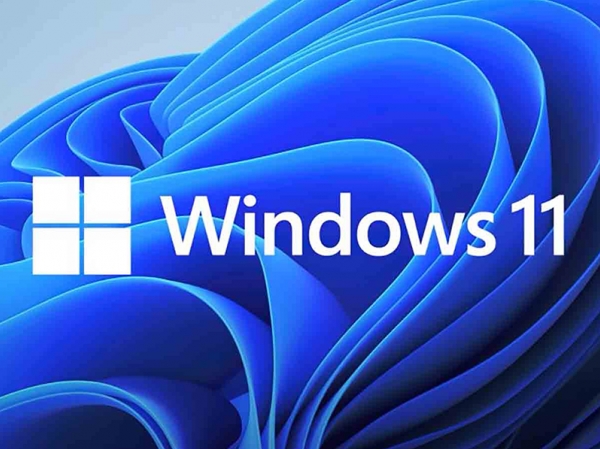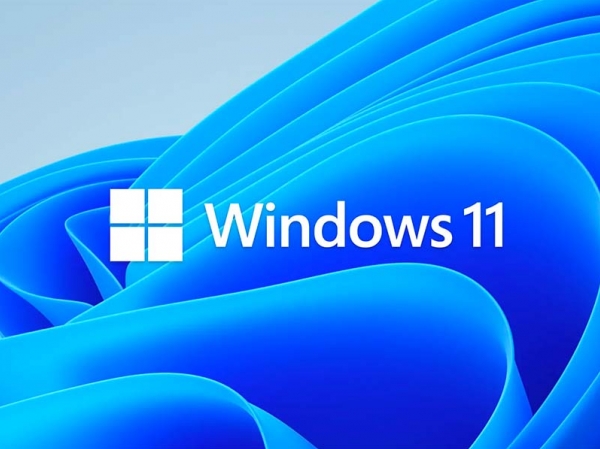Microsoft has released a patch to resolve a serious vulnerability present in its Windows 10 and 11 operating systems. This security update, distributed as part of the monthly patch cycle on June 11, resolves a critical vulnerability listed as CVE-2024-30078 , which put the security of computers at risk when connected to public WiFi networks.
Windows vulnerability details
´The vulnerability, rated maximum severity, allowed a cyber attacker to execute malicious code remotely if a user connected to public WiFi, such as those available in airports or shopping malls. This security breach exposed the systems to attacks in which the cybercriminal, being in close proximity to the target, could "send and receive radio signals" to compromise the equipment.
According to the technical sheet provided by Microsoft, although the vulnerability was considered critical, no incidents have been detected in which it has been exploited in the real world. This indicates that users were not affected before the patch was available.
Why are security patches important?
Vulnerabilities in software are weak points that can be exploited by attackers to steal information, access sensitive data, and cause damage. Security patches fix these known vulnerabilities, closing the doors that attackers could use.
Some vulnerabilities also allow attackers to remotely control systems by executing their malicious code. Security patches prevent these attacks from being possible, protecting users from incidents such as data theft, ransomware, and other forms of malware.
Its in this sense that technological cooperation has recalled that Microsoft's monthly security updates are an essential practice to keep operating systems protected against emerging threats.

















